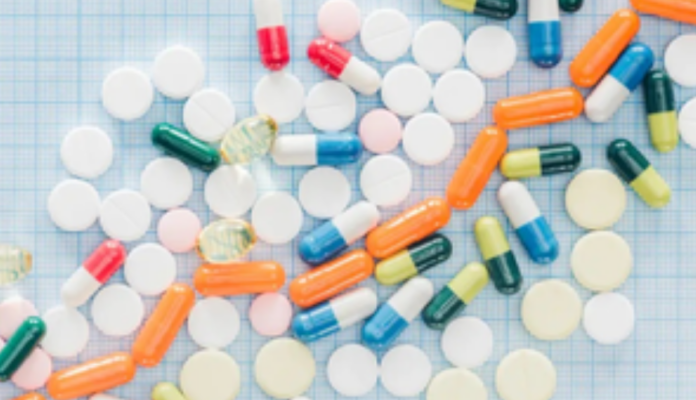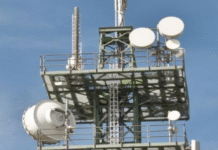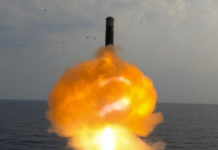New Delhi – India’s pharmaceuticals and medical devices sector witnessed robust foreign investment in the financial year 2024-25, with total Foreign Direct Investment (FDI) inflows crossing ₹19,134.4 crore (approximately $2.3 billion), according to data released by the Department of Pharmaceuticals.
From April to December 2024 alone, the sector attracted FDI worth ₹11,888 crore ($1.43 billion). In addition, 13 FDI proposals for brownfield projects—expansions of existing facilities—were approved during the year, amounting to ₹7,246.4 crore ($872 million).
The government attributed the investment momentum to the successful implementation of its Production Linked Incentive (PLI) Scheme, which has significantly bolstered domestic manufacturing capacity, reduced reliance on imports, and spurred exports.
According to an official statement released on Sunday, the PLI scheme has already exceeded its original investment targets. Against a committed investment of ₹3,938.57 crore ($474 million), the sector recorded a realised investment of ₹4,253.92 crore ($512 million) by December 2024.
As part of the PLI Scheme for Bulk Drugs, 48 projects have been selected, with 34 already commissioned for the production of 25 essential bulk drugs. Noteworthy among these is the Penicillin G project in Kakinada, Andhra Pradesh, with an investment of ₹1,910 crore ($230 million), expected to result in import substitution worth ₹2,700 crore ($325 million) annually.
Another major project includes the Clavulanic Acid facility in Nalagarh, Himachal Pradesh, backed by ₹450 crore ($54 million) in investment. This project is projected to replace imports worth ₹600 crore ($72 million) annually.
Launched in February 2021 with a financial outlay of ₹15,000 crore ($1.8 billion), the PLI Scheme for Pharmaceuticals supports 55 selected manufacturers to produce high-value pharmaceutical products—including patented and off-patent drugs, biopharmaceuticals, anti-cancer medications, complex generics, and auto-immune drugs—over a six-year period from FY 2022-23 to FY 2027-28.
In parallel, the PLI Scheme for Medical Devices, launched in FY 2020-21 with a budget of ₹3,420 crore ($412 million), incentivizes the production of high-end medical equipment. The scheme targets segments such as radiology, imaging, cancer diagnostics, and implants, offering 5% financial incentives on incremental sales over five years.
India’s pharmaceutical industry continues to be a cornerstone of global healthcare, known for its cost-effective, high-quality medicines and dominance in the generic drugs market. The sector’s expanding manufacturing base, supported by government initiatives, is expected to further solidify its position on the global stage. (Source: IANS)







